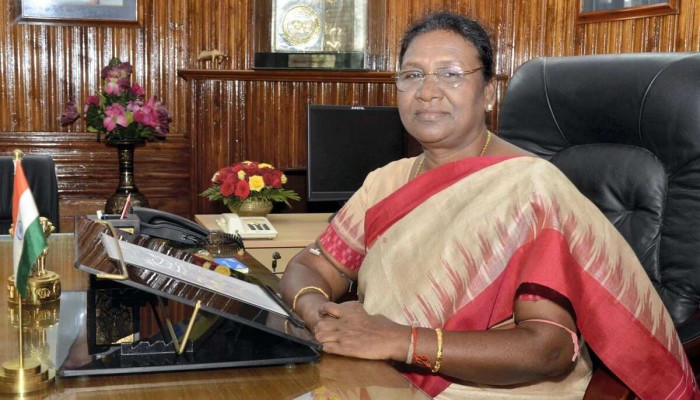LI Network
Published on: 17 September 2023 at 17:36 IST
The Mediation Bill was initially introduced on December 20, 2021, recently got assent by the president of India.
The bill was also referred to a Parliamentary Standing Committee on Personnel, Public Grievances, Law, and Justice, chaired by Sushil Kumar Modi. The committee presented its findings to the Rajya Sabha chairperson on July 13, 2022.
Subsequently, it was ratified by both the Rajya Sabha and the Lok Sabha on August 1 and August 7, respectively, and now enacted The Mediation Act, 2023 with assent.
Key Highlights Under this Act:
- Individuals are mandated to attempt resolution of civil or commercial disputes through mediation before considering legal action in a court or tribunal.
- After two mediation sessions, a party will have the option to withdraw from the process. The mediation proceedings themselves should be concluded within 180 days, with the possibility of extending this period by an additional 180 days if all parties consent.
- The Mediation Council of India will be established to oversee the mediation process. Its duties encompass the registration of mediators, recognition of mediation service providers, and mediation institutes involved in mediator training and certification.
- Certain disputes are categorized as unsuitable for mediation, including cases involving criminal prosecution or affecting the rights of third parties. The Central government retains the authority to modify this list as required.
- When parties are in agreement, they may appoint any person as a mediator. In situations where a mediator cannot be mutually decided upon, they can seek assistance from a mediation service provider, which will assign a mediator from its pool of qualified mediators.
- Settlements arising from successful mediation will be legally binding and enforceable in the same manner as court judgments.
- Critics have raised concerns about the Act’s imposition of mandatory participation in pre-litigation mediation, departing from mediation’s traditional voluntary nature.
- Another notable issue is the perceived lack of ample representation of experienced practitioners in the Mediation Council, in contrast to other professional regulatory bodies like the Bar Council of India (BCI).
- The Council is required to obtain prior approval from the Central government for its regulations, raising questions about potential government involvement as a party in mediation proceedings.
- The Act does not address the enforcement of settlement agreements resulting from international mediations conducted outside of India.

